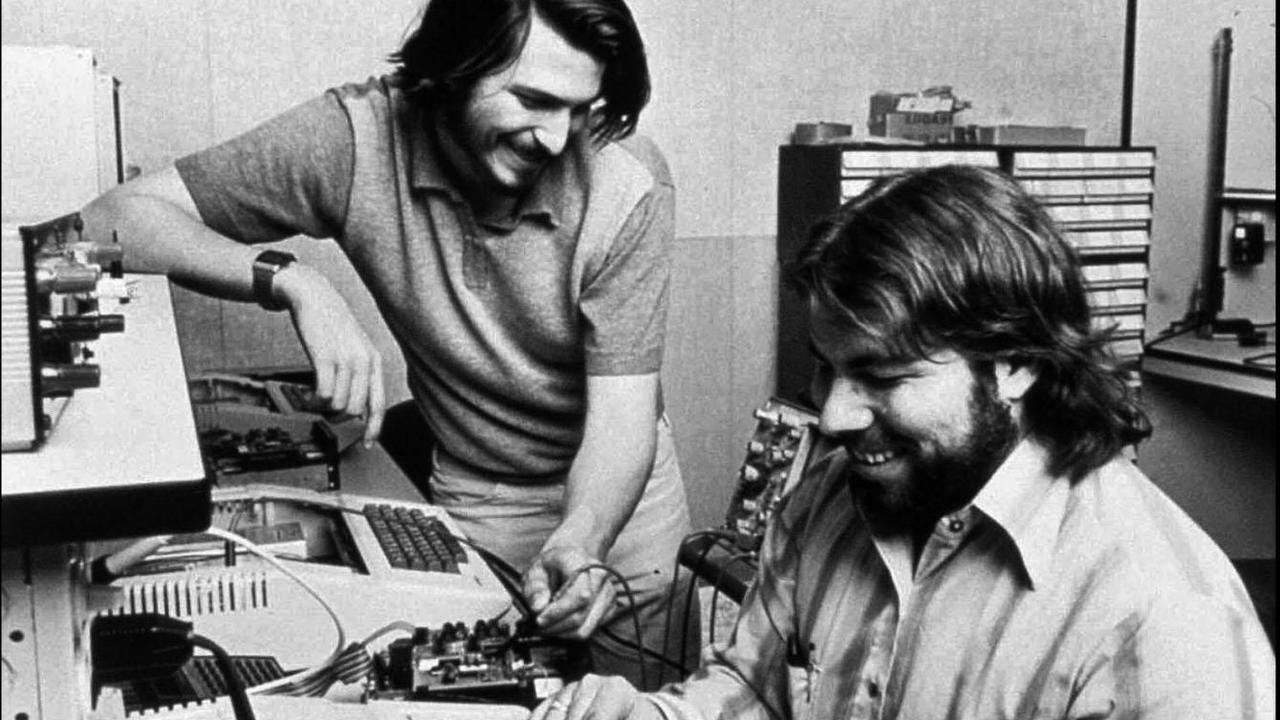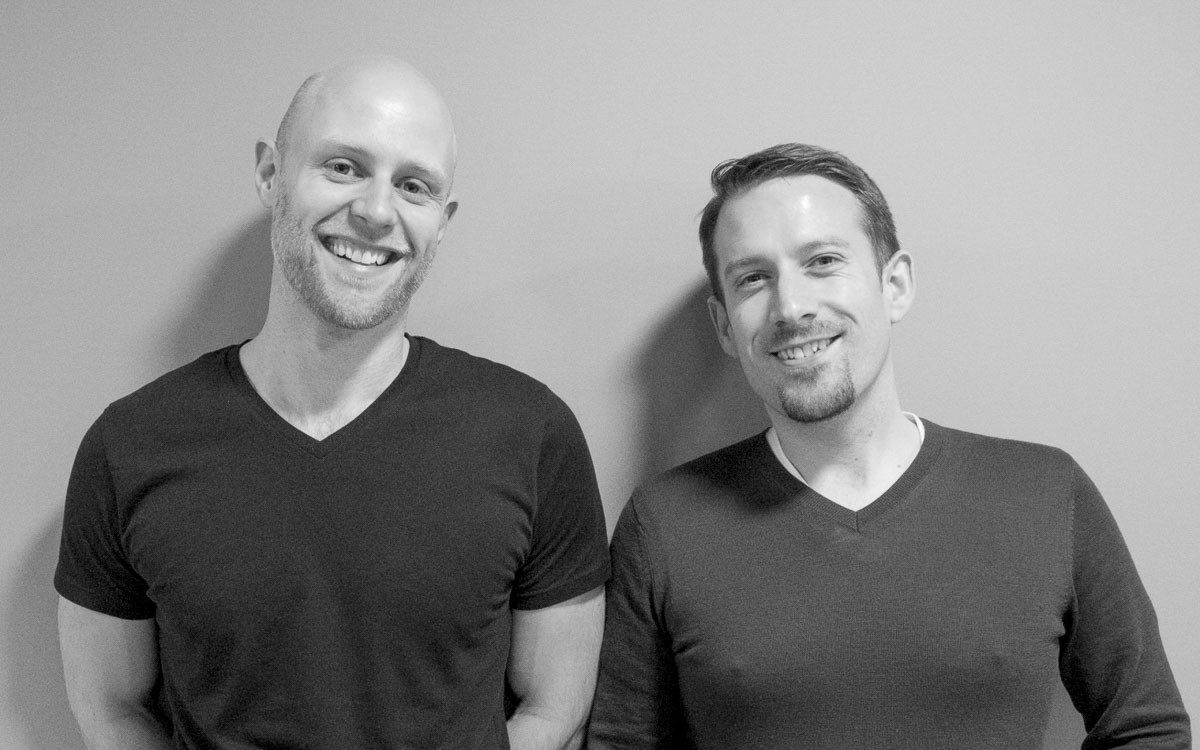How to Recruit a Technical Co-founder for Your Startup
Written by Dave Bailey

Find out how you can recruit a technical co-founder when you're starting your business, especially if you don't have a lot of startup capital.
A year into building a startup, many non-technical founding teams regret not having a technical co-founder. It’s easy to dismiss the idea of getting a ‘late’ technical co-founder. But my response to that is: it’s never too late.
Learn new skills every week ->
Launching without a technical co-founder
After raising seed capital for 3 Kinds of Ice — a mobile app that shows you quirky experiences — I hired a development agency in Croatia to build out the MVP. I got references, checked their plans with advisors, and specified the product as best I could.
The MVP took twice as long as expected — which should never come as any surprise. However, the serious problems started after launch. The product didn’t scale. At all.
Most of the reasons for our MVP not scaling effectively weren’t obvious to me. It wasn’t just that the app got slower and features stopped working, it was also that adding new features easily broke old ones; the code base became increasingly hard to maintain, and iteration was painfully slow.
Incentives are everything
Scalability isn’t just about taking one or two high-level decisions. It’s about thousands of daily decisions that, all together, define whether a solution can scale.
In making decisions, incentives are everything. There’s no contract or partnership that can substitute for the incentives of a technical co-founder.
In retrospect, my ego held me back from partnering with an experienced technical co-founder. I overvalued the work I’d already put in, and undervalued the hard work to come. But, in the end, I was able to find the technical partner that I needed.
How I hired a late co-founder
3 Kinds of Ice was six months old. We’d raised a seed round from angels and a Micro-VC. Meanwhile, the MVP lay in the hands of an offshore agency, while I was interviewing developers to join the team in parallel.
But the agency had taken on too many projects, and our delivery date kept moving backwards. And recruiting new technical talent to our pre-launch startup was harder and slower than I’d expected. Money wasn’t the issue — it hardly ever is — but after a hundred developer interviews, the three candidates I made offers to went to Google instead. It was starting to feel hopeless.
I hit LinkedIn and sought out the most senior programmer in my network. He was a prominent CTO based in London. I pitched him the project and brought him on board as an advisor. Spending a few points of equity for high-quality advice, and access to a large technical network, ended up being a really smart move.
He put me in touch with a local development consultant that he thought could help me get back on track. I know what you’re thinking: a ‘consultant’? I was cautious of consultants, because they cost a lot of money. However, investing in good advice at the beginning of a technical project can save many times that amount further down the line.
The consultant’s name was Russ Trow. He started with a three-day ‘Discovery Sprint’ to get into the nitty-gritty of the development process, architecture, and everything in between. Russ came out with a thorough assessment of the situation and a forward-looking plan of action.
‘It’s pretty bad,’ he said.
‘Just give it to me,’ I replied, ‘and don’t spare the technical details.’
‘The back-end architecture is highly non-standard. The API isn’t RESTful and it doesn’t support versioning. There are hundreds of Xcode errors and, because there’s no clear data model, there are literally MongoDB queries in the front-end code.’
I nodded as if I understood what any of that meant. ‘So what’s the bottom line?’
‘The bottom line is,’ he said, ‘that we have some big problems to solve if we want to scale.’
Learn new skills every week ->
Freelance to co-founder
Russ stayed on to help us launch our project. I fired the agency and Russ took over the development. We worked extremely well together. Russ had all the skills I lacked, and I learned something new every day. Russ had never been part of a startup, so I shared my learnings with him. We became a powerful team.
To be honest, I never really considered that he would join as a late co-founder until three months in. Russ was the partner I’d needed from the start, so in a cafe near Liverpool Street, I asked Russ to join as a co-founder and we hashed out a deal.
It was expensive. But like many non-technical founders with exceptional technical partners, I don’t regret it for a second.

Why freelance-to-hire works so well
Freelancing de-risks the relationship for both parties. It allows the founder to access valuable technical skills far earlier in the process while testing for chemistry in parallel.
Even if the freelancer wants to keep freelancing, the tendency we all have to fall in love with our own creations (this is called the Ikea effect) may change this over time, especially if you build momentum and show promise as a budding entrepreneur.
How long should you wait to ‘pop the question? Like dating, the answer is different for every couple. It should be long enough that you can truly say that you love working together.
Two heads are better than one
Should all non-technical co-founding teams find a technical co-founder? Maybe not — but I wouldn’t dismiss the idea so fast. Growing a tech company is a long, painful process and having someone technical at the top pays dividends.
So, if you’re thinking about starting a tech company, do yourself a favour and don’t do it alone.
Continue reading about hiring as a founder:
- Building out a new team? Read our structured hiring process guide to help you find the right people for your growing team.
- Tired of hiring the wrong people? Learn when to use your gut in hiring to pick the right candidates.
- Running a company with no technical skills? Learn the latest information for non-technical founders to help you succeed.
Originally published Feb 21, 2019, last updated Jul 27, 2023
How do top founders actually scale?
I’ve coached CEOs for 10,000+ hours—here’s what works.
Join 17,000+ founders learning how to scale with clarity.
Unsubscribe any time.




